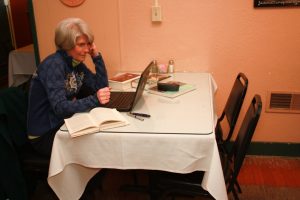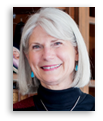
Of course, I carefully noted the sources from which I pulled the quotes. What I hadn’t counted on, was having to ferret out who owned all those quotes and how much those as yet unknown people might charge me to use them. I was confronted with this oversight at a writer’s workshop and it was one of the darkest moments in the writing of the book!
I had two choices: I could abandon the whole project (after devoting some three years to it) or I could figure out who owned all those quotes and hope their asking price would not send me into a lifetime of penury. I chose the latter, but the process included much wailing and gnashing of teeth. Tracking down the owners of various documents and obtaining legal written permission from them took months and months and months.
When I began my current biography, I looked into rights issues before getting started. I sent out some emails to find out who owned the rights to major sources and I took stock of how much of the material was published before the magic year of 1923 (generally, anything published in the U.S. before that year is in the public domain). Rights-holders generally won’t give you exact charges before you have a signed contract with a publisher, which means any writer of nonfiction is taking a large step of faith when using direct quotes. I protect myself from disaster by noticing whether my subject has been quoted by other people and assuming those quoters are neither in jail nor bankrupt. Not finding any quotes in any published source about my subject would raise a huge red flag.
Some subjects, such as Shel Silverstein, remain completely off limits to biographers who insist on quoting. So, better to do some preliminary checking before you fall in love with a subject and wind up in a messy divorce!

